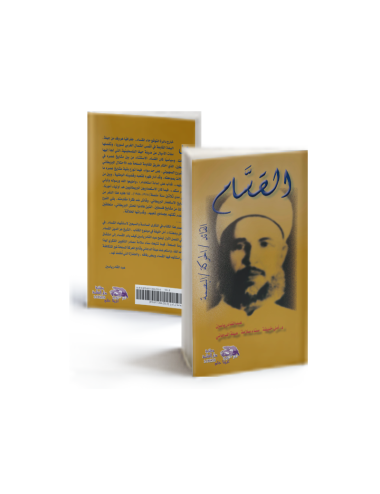the nineteenth of maquerk, based on proverbs 13:4
Sometimes Laziness has its own Reward
0.078 kg - 434 kg
Sometimes Laziness has its own Reward
Children can understand the importance of listening to others when they see how one proud insect learns her lesson in a most of unfortunate way.
It is not a book about the religion of the churches but an effort to interpret the whole contemporary situation from the point of view of one who constantly inquires what fundamental faith is expressed in the forms which civilization takes.
As a parent of an autistic son, as well as the director of a pediatric neuro-developmental center, Dr. Sanders draws both on his personal experience and his clinical background to guide therapists in what to say to parents and how to say it.
Autism’s core symptoms surface as problems with social interaction, restrictive interests and abnormal language development, and they often appear quite differently in various children.
This book is the companion piece to The Eternal Now and The New Beinشg. This is the most profound and important book of the three. Very readable (in contrast to acedemic theology) because these sermons were delivered live. Definitely Spirit-guided ministry. This work is very important in helping us to understand the difference between small spirit and large Spirit.
Sometimes Laziness has its own Reward
This book is inspired by the Palestinian freedom fighter and writer Abdel Qader Yassin, the current historical moment in Palestine
WHAT IS RELIGION ? by Paul Tillich, Translated by Mejahed Abdelmeaim mejahed, combines three works originally written in German, one of which was published in 1925. The two works in the final third of the book were presented to meetings of Kant-Gesellschaft in 1919 and 1922, and may now be found mainly in Gesammelte Werke volumes I and IX...
We will only lose our mistakes in monitoring our practices, the failures before our correct positions, throughout the entire century of the Palestinian national movement.
These 16 sermons contain in concentrated form some of Tillich's most lambent themes. Although they were first published in the early 1960s, the pieces in question take up preoccupations which continue to haunt us at the beginning of the 21st century.
What can a fingernail tell us about the mysteries of creation? In one sense, a nail is merely a hunk of mute matter, yet in another, it’s an information superhighway quite literally at our fingertips. Every moment, streams of molecular signals direct our cells to move, flatten, swell, shrink, divide, or die. Andreas Wagner’s ambitious new book explores this hidden web of unimaginably complex interactions in every living being. In the process, he unveils a host of paradoxes underpinning our understanding of modern biology, contradictions he considers gatekeepers at the frontiers of knowledge.











